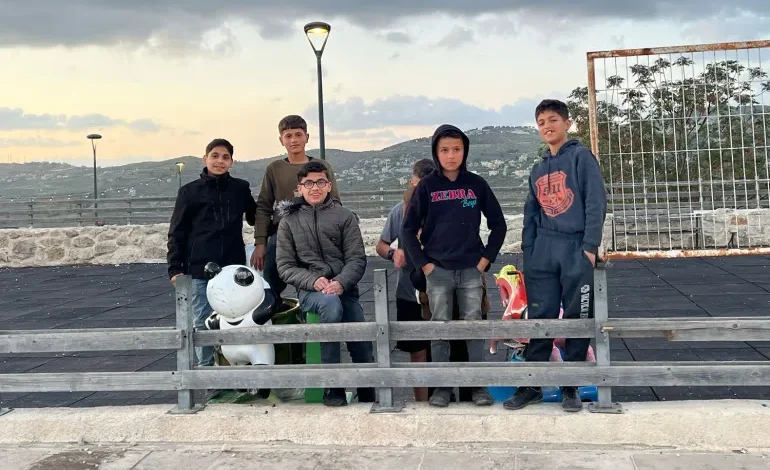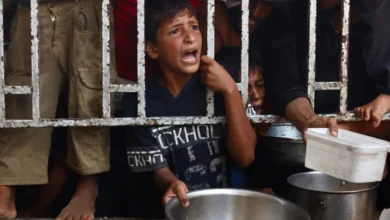The boy who bled to death as an Israeli soldier ‘celebrated his shot’

When Israeli military vehicles approach, news of the latest incursion begins cascading through Sebastia from one person to another, and the young people run home as fast as possible.
They try to get back before invading soldiers reach their street, knowing all too well the potentially grave consequences if they don’t.The warning cries often originate from those walking near the vantage point of Sebastia archaeological park’s scenic summit.
From here, people can spot army vehicles on the roads below before they reach the town and its ancient ruins, giving people a chance to hide their young.
Soon after, walking prevention warnings are often circulated on social media, and the residents of Sebastia – once a religious pilgrimage site and a tourism hotspot – have the choice of hunkering down at home or facing soldiers who no longer show any restraint.
‘He celebrated killing my son’
In January this year, an Israeli soldier shot dead 14-year-old Ahmed Jazar and then raised his rifle in the air triumphantly after hitting the unarmed boy in the chest, piercing his heart.Ahmed was mature beyond his years, his parents say, and made caring for his poverty-stricken family his vocation.
He was also a talented painter and wanted to train as a decorator. He aspired to open a shop so he could make enough money to buy his family a permanent home – something better than the overcrowded rental apartment they lived in.“They shot Ahmed and killed all his dreams, right there and then,” his mother, Wafaa, said.
“The army treats us like we’re in a state of war – but we’ve done nothing.
“Soldiers are here every day, and no one feels their children are safe unless they are at home.”
Ahmed woke up in the early afternoon on the Sunday he was killed, Wafaa and Rashid say, having stayed up late playing with his friends in the neighbourhood the night before. He liked to play football in the schoolyard, cycle near the archaeological park, and eat at the town’s once-busy cafes.
He came back after seeing his friends and spent some time with his family, unaware that they would be sharing their final moments.
Then, as the dinner hour neared, his parents sent Ahmed out to buy bread.
“It was always a habit of his to come and go in this way,” Rashid said. “He was very sociable … everyone loved him.
“But this time, he left and never came back.”



